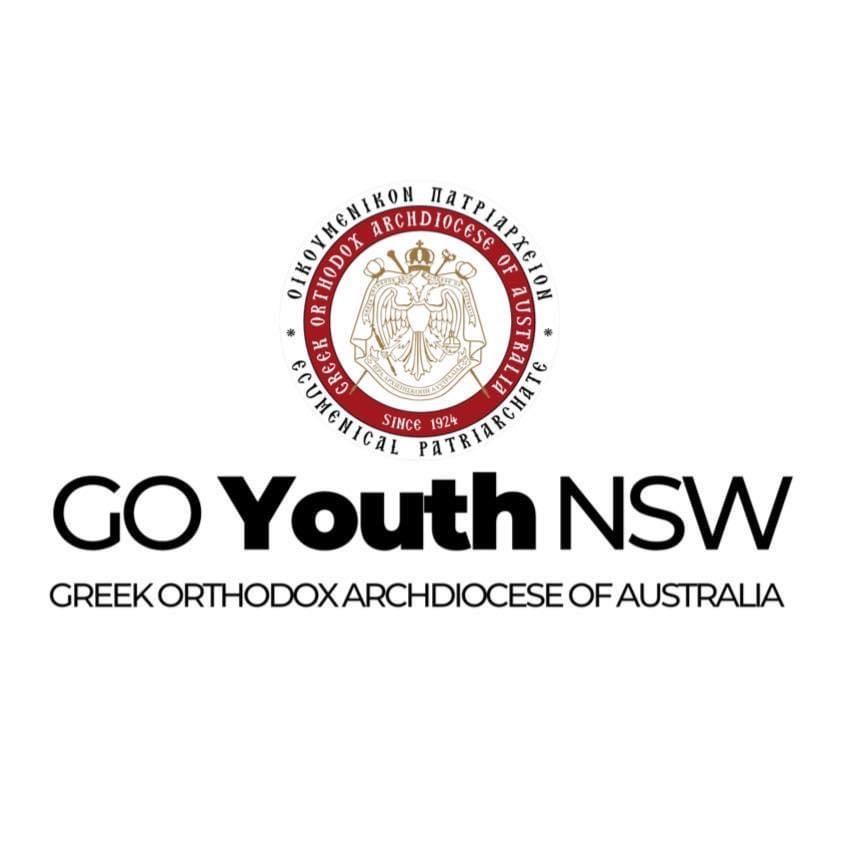Sunday of the 7th Ecumenical Council - The Parable of the Sower
- Youth Movement | GO Youth

- Oct 10, 2020
- 3 min read
In today's service, the Gospel reading was from Luke 8:5-15, the Parable of the Sower. The story goes that a man went out to sow seeds in a field. As he sowed, some seeds fell by the wayside and were trampled, and the birds ate them up. Other seeds fell on rock, and whatever was able to sprout soon withered for lack of moisture. Other seeds fell among the thorns, and those thorns choked the seeds. Finally, some seeds fell on good ground, sprang up and produced an enormous crop to be enjoyed.
Jesus goes on to interpret the parable for His disciples. The seed represents the Word of God. He explains, "Those by the wayside are the ones who hear; then the devil comes and takes away the word out of their hearts, lest they should believe and be saved. But the ones on the rock are those who, when they hear, receive the word with joy; and these have no root, who believe for a while and in time of temptation fall away. Now the ones that fell among thorns are those who, when they have heard, go out and are choked with cares, riches, and pleasures of life, and bring no fruit to maturity. But the ones that fell on the good ground are those who, having heard the word with a noble and good heart, keep it and bear fruit with patience."
Many people can misinterpret this parable to think that the Word of God is referring to the scriptures from the Bible. This isn't the case. The Gospel of John opens with, "In the beginning was the Word, and the Word was with God, and the Word was God," (John 1:1).
The term “Word,” is translated from the Greek 'Logos'. The word Logos means more that just something written and heard—it is the ability to reason, think, express and communicate, which we share with Divinity, marking us as different from all other creatures on earth. Beyond even that, the Gospel explains that the Logos is a Being, both divine and human, the Son of God Who “was in the beginning with God” and in all ways was God along with the Father and the Holy Spirit. The Book of John continues, “Word became flesh and dwelt among us.” In other words, Christ is the Word - the ultimate expression of Divinity among us.
Holy Scripture often points beyond what is captured in its pages to truths that can never be expressed in human language, only lived and experienced. They point to the origin of the words, to the inspiration behind them, to the One who is their essence, to the Word of God himself.
The Word of God expresses Himself to us not only through Scripture, but also through the Church, intuition, another person, creation or miracles. We must remember that the early Church did not have the Bible. This is why St Paul tells the Thessalonians Christians, "stand fast and hold the traditions which you were taught, whether by word or our epistle," (2 Thessalonians 2:15). This Holy Tradition is a vehicle of God's word and will. The Orthodox Church views this tradition as "the life of the Holy Spirit in the Church." For this reason, we know that the word of God comes in many forms.
Today we commemorate the Sunday of the 7th Ecumenical Council, where we remember the 350 holy Fathers who met in Nicaea in 787 AD under the holy Patriarch Tarasius to refute the Iconoclast heresy. The Ecumenical Councils brought together assembled bishops from all over to discuss and decide upon dogmatic issues, especially in the face of heresy. We could also say that, through the guidance of the Holy Spirit, these theologians were also experiencing and sowing the Word of God.
When we share the Word of God with others, we share it in many forms. It may be sharing the Scripture or theological writings, but it also shared through our actions, our conversations, our love. Often, these are the seeds that really take root in people's hearts. As the parable explains, not everyone will receive the Word. We don't need to worry about this. We just need to nurture the seeds planted in our own hearts, so we can bear fruit with patience.






Comments